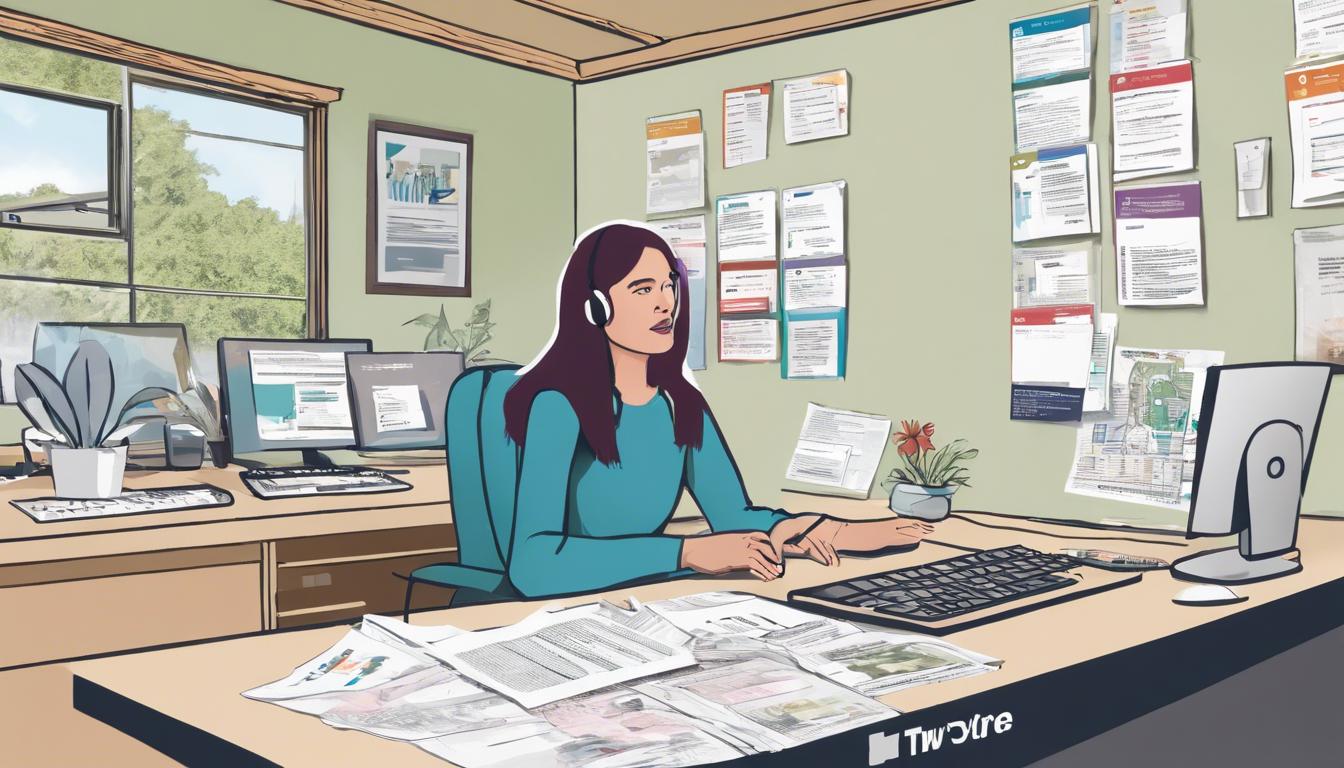Charlotte Anderson, a benefits consultant in Staffordshire, charges up to £650 for completing disability forms, as potential government reforms to the benefits system could impact cold weather payments for vulnerable groups.
Charlotte Anderson, a benefits consultant from Staffordshire, revealed that she earns up to £650 for each disability form she completes for clients. Anderson, who also qualifies for Personal Independence Payments due to her own health conditions, has experienced a surge in demand for her services, leading her to temporarily stop taking appointments. Utilizing her garden shed as an office and operating a YouTube channel, Anderson advises clients on the intricacies of the UK benefits system, including how to present their cases for claims without necessarily providing extensive evidence, though she acknowledges the risk of fraud.
Anderson’s consultancy highlights challenges within the benefits system, bolstered by her contention that the responsibility for managing potential exploitation lies with agencies like the Department for Work and Pensions (DWP). The DWP has affirmed its commitment to ensuring accurate and fair distribution of welfare payments, with health professionals and routine reviews forming part of the assessment process.
In related news, a leaked government report has disclosed potential changes to the disability benefits system in England and Wales, proposed by the Conservative party. The report suggests that from 2026, stricter assessment criteria will be required for disability claimants to be eligible for cold weather payments—£25 awarded during weeks of freezing weather between November and March. Approximately 460,000 current Personal Independence Payment (PIP) recipients might become newly eligible for these payments under the proposed system, which would replace the existing work capability assessment with the PIP assessment metrics.
These changes are planned to take effect fully by 2029, with transitional protections in place to avoid financial detriment to individuals transitioning to the new system. However, advocacy groups, particularly Disabled People Against Cuts and National Energy Action, have expressed concerns about the potential reduction in the accessibility of cold weather payments for some of the most vulnerable populations. The DWP insists that the reforms aim to streamline and improve the accuracy of disability benefit assessments and distributions.













